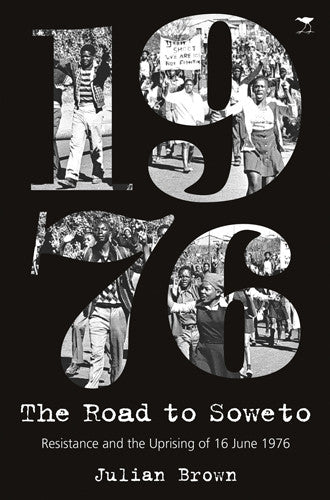Jacana
The Road To Soweto
The Road To Soweto
Couldn't load pickup availability
The Road to Soweto begins by giving an account of the decade that preceded the Soweto Uprising of June 1976 that not only transforms our understanding of this crucial flashpoint of South Africa's history, but also creates a longer, more evolutionary, historical narrative for the overthrow of apartheid. It argues that the suppression of opposition movements after the Sharpeville massacre in 1960 did not lead to a period of 'quiescence', as many writers maintain, in which activists retreated into private acts of dissent and the opposition went underground, followed, a decade later, by a sudden eruption of the townships, first in Soweto, and then across the country. Rather, these years were marked by experiments in resistance and attempts to develop new forms of politics which prepared the ground for the uprising in Soweto, introducing new modes of organisation, new models of protest, and new ideas of resistance, identity, and political ideology to a generation of activists. The explosion of protest in Soweto was a catalyst for the reshaping of South Africa's politics and began the processes that led to the end of the apartheid order and the creation of the new post-apartheid state, but it did not do so in isolation.
ABOUT THE AUTHOR
Julian Brown is a senior lecturer in the Department of Political Studies at the University of the Witwatersrand, Johannesburg. He is the author ofSouth Africa's Insurgent Citizens: On Dissent and the Possibility of Politics in South Africa(Jacana, 2015), as well as of a number of scholarly articles on South African politics, history and socio-legal studies. He completed a DPhil in Modern History at the University of Oxford in 2009.
Share


Give a book
Buy an extra copy of your book and we'll donate it to one of our outdoor Street Libraries, or to one of our reading programmes. Just add a note to your card with the code #buyabookforachild.
Subscribe to our emails
Subscribe to our mailing list for insider news, product launches, and more.
